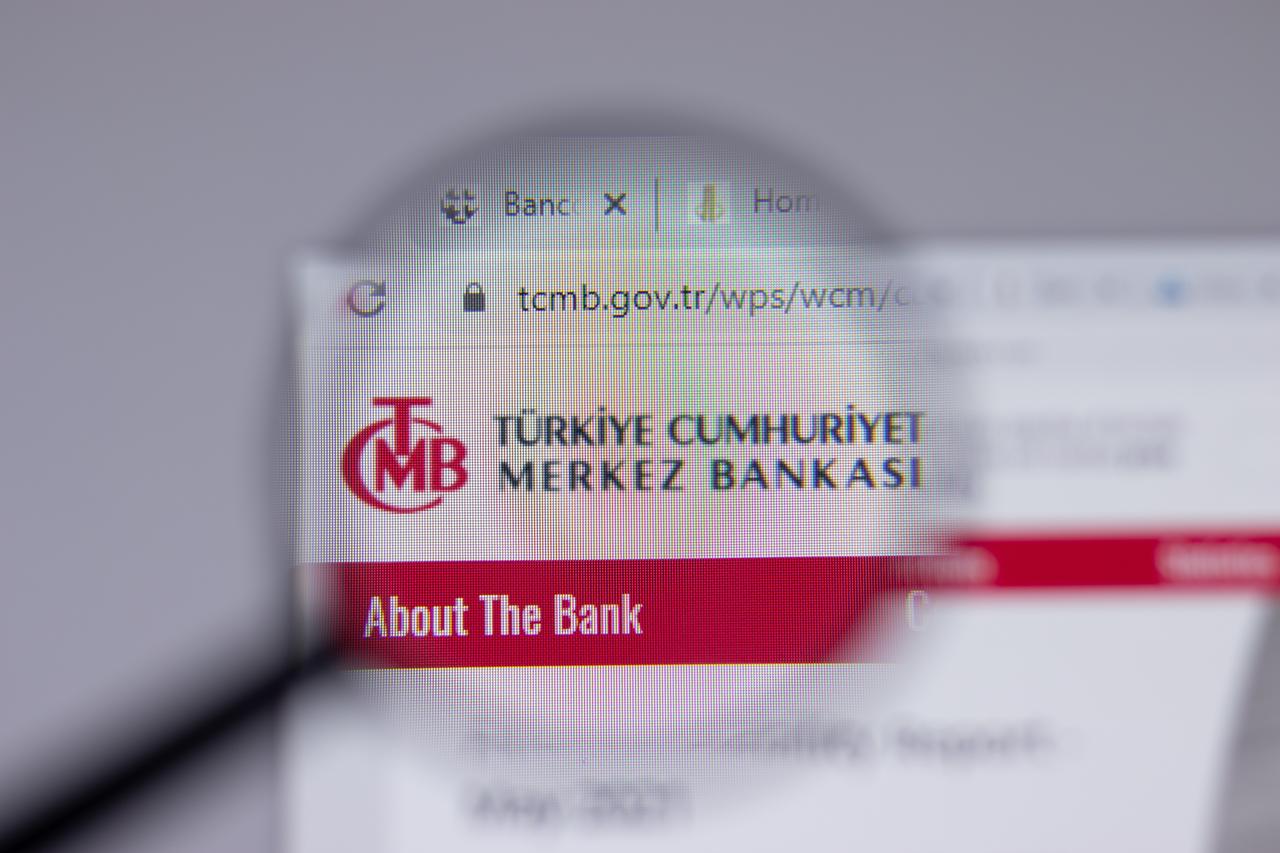Türkiye – United States Department of State
Türkiye
Overview: Türkiye continued its efforts to defeat terrorist organizations both inside and outside its borders, including the Kurdistan Workers’ Party (PKK), the Revolutionary People’s Liberation Party/Front, and ISIS.
The PKK continued terrorist attacks in Türkiye and against Turkish interests outside of Türkiye in 2023. In response, Turkish security forces conducted operations domestically and militarily in northern Iraq and northern Syria. The International Crisis Group assessed that 51 state security forces, 196 PKK members, and 11 civilians were killed in 2023 in PKK-linked clashes or attacks. Turkish security forces launched airstrikes in northern Iraq and northeast Syria following an October 1 PKK suicide attack in Ankara, and December 22-23 PKK attacks in northern Iraq that resulted in Turkish military casualties. The airstrikes hit what the Turkish government identified as PKK targets in northern Iraq and northeast Syria; the airstrikes in northeast Syria killed 10 civilians, injured others, and caused significant damage to civilian infrastructure, including hospitals and factories.
According to the Turkish presidency, between 2014 and 2023, Turkish law enforcement detained 19,317 individuals for alleged ISIS affiliations, and Turkish authorities deported more than 7,600 foreign nationals suspected of engaging in FTF-related activity. State-run media reported that Türkiye’s National Intelligence Organization (MIT) in 2023 worked in cooperation with law enforcement to capture 426 ISIS-affiliated terrorists both inside Türkiye and in Syria. Turkish security forces, in February, identified and detained ISIS members plotting attacks on diplomatic missions and places of worship. In December a joint operation between MIT and Turkish police resulted in the arrest of 32 suspects preparing to attack synagogues, churches, and the Iraqi Embassy in Ankara.
2023 Terrorist Incidents: The following notable incidents occurred in 2023:
- On October 1, two suicide attackers struck the entrance to a Ministry of Interior (MOI) building in Ankara located near Parliament on its first day back in session after a summer recess. The PKK killed a Turkish civilian before the Ankara attack. The two suicide attackers died, and two Turkish police officers were injured. The PKK claimed responsibility for the attack.
- During December 22-23 the PKK attacked Turkish military forces in northern Iraq, killing 12 soldiers.
Legislation, Law Enforcement, and Border Security: Türkiye has a broad legal definition of terrorism that includes so-called crimes against the constitutional order and internal and external security of the state. The country has advanced law enforcement capacity to combat terrorism, and efforts continued to streamline interagency information sharing during 2023. The Turkish government regularly used counterterrorism laws to detain, arrest, and prosecute individuals exercising freedoms of expression and peaceful assembly. MOI announced December 17 that its Cybercrime Department audited 1,000,043 social media accounts and found 19,948 to be linked to terrorism in 2023; this resulted in the arrest of about 190 suspects. Following the October 1 PKK attack in Ankara, the Ankara Chief Public Prosecutor’s Office issued a detention order for 23 suspects over terrorist-propaganda allegations after an investigation of social media posts. Legal actions taken by Türkiye against the accused included a mix of charges related to terrorism or other criminal activity under Turkish law.
The Turkish government continued to label the movement of self-exiled cleric and political figure Fethullah Gülen as the “Fethullahist Terrorist Organization” (FETÖ). “FETÖ” is not a designated terrorist organization in the United States. The Turkish government continued to detain and arrest individuals for alleged “FETÖ” or terrorism-related links, often based on scant evidence and minimal due process.
There were approximately 1,220 displaced and about 200 detained Turkish nationals in northeast Syria at the end of the year. Türkiye significantly contributed to discussions on how to collectively address the overall challenge of displaced and detained foreign nationals through repatriation.
Countering the Financing of Terrorism: Türkiye is a member of the Financial Action Task Force (FATF), and its Financial Intelligence Unit, the Financial Crimes Investigation Board (MASAK), is a member of the Egmont Group. Türkiye remained on the FATF gray list in 2023.
In 2023, FATF reported that Türkiye took further steps toward improving its anti-money laundering and countering the financing of terrorism regime, including by issuing regulations regarding politically exposed persons and guidance to the private sector on detecting terrorist financing (TF), as well as increasing the MASAK’s proactive dissemination of financial intelligence, increasing onsite inspections of reporting entities by supervisors, enhancing the use of financial intelligence to support money laundering (ML) investigations, taking steps to improve a risk-based approach for the supervision of non-profit organizations to prevent their abuse for TF, undertaking more complex ML investigations and prosecutions in line with risks, and conducting parallel financial investigations in terrorism cases, including prioritizing TF investigations and prosecutions related to UN-designated groups.
Countering Violent Extremism: The Turkish National Police (TNP) undertook social projects, activities with parents, and in-service training for officers and teachers. Programs prepared medical, community, and religious officials for intervening to undermine terrorist messaging and prevent recruitment. The Justice Ministry implemented some rehabilitation and reintegration programs for convicts and former criminals. The presidency announced that 550 imams affiliated with the Presidency of Religious Affairs were assigned to prisons to counter ISIS.
MOI on December 16 announced that 46 PKK members had surrendered to Turkish security forces through persuasion efforts in 2023.
International and Regional Cooperation: Türkiye is a member of the UN, NATO, the Committee of Experts on Terrorism of the Council of Europe, and the GCTF. Türkiye also contributed to the International Institute for Justice and the Rule of Law, a GCTF-inspired institution, and provided expert support to assist in training for judges and prosecutors handling terrorism cases. The country participated in OSCE expert meetings on the Prevention of Violent Extremism and Radicalization That Lead to Terrorism, organized by the OSCE Office of Democratic Institutions and Human Rights and the OSCE Secretariat.
Türkiye has bilateral security cooperation agreements with more than 70 countries. The TNP contributed to CT capacity building programs of partner countries and offers specialized international law enforcement training in a variety of sectors, including counterterrorism.
Türkiye joined the Global Coalition to Defeat ISIS in 2014 and is a member of the Africa Focus Group, the Counter-ISIS Finance Group, the Communications Working Group, and the Stabilization Working Group. The country co-chairs the Coalition’s FTF Working Group, along with Kuwait and the Netherlands.



